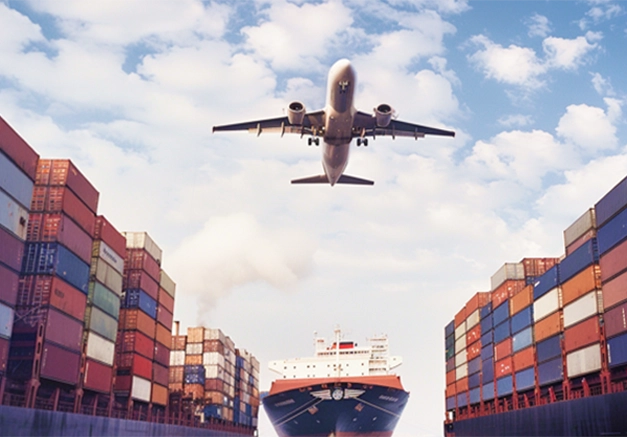In today's interconnected world, technology plays a pivotal role in shaping and accelerating the process of globalization. From the advent of the internet to the proliferation of smartphones, technology has revolutionized the way we communicate, conduct business, and interact with one another. This article explores the multifaceted ways in which technology affects globalization, ranging from economic integration to cultural exchange, and highlights its implications for various industries.
- Technological Advancements Facilitating Global Communication:
The emergence of the internet and its subsequent advancements has transformed the way people communicate across borders. Instant messaging, video conferencing, and social media platforms have bridged the gap between individuals and businesses worldwide. This seamless communication has facilitated the exchange of ideas, knowledge, and expertise, fostering global collaboration and innovation. - E-commerce and Global Market Access:
Technology has revolutionized the way businesses operate, particularly through the rise of e-commerce. Online marketplaces and platforms have enabled companies of all sizes to access global markets, transcending geographical boundaries. This has led to increased trade, economic growth, and job opportunities, as businesses can now reach customers worldwide with ease. - Automation and Global Workforce:
Advancements in technology, such as artificial intelligence and robotics, have reshaped the global workforce. Automation has streamlined production processes, leading to increased efficiency and reduced costs. However, it has also raised concerns about job displacement and income inequality. The global workforce must adapt to these changes by acquiring new skills and embracing lifelong learning to remain competitive in the digital age. - Cultural Exchange and Digital Media:
Technology has facilitated the exchange of cultural ideas and values on an unprecedented scale. Digital media platforms have allowed individuals to share their experiences, traditions, and perspectives with a global audience. This cultural exchange has fostered greater understanding and appreciation of diverse cultures, promoting tolerance and inclusivity in a globalized world. - Environmental Impact and Sustainable Development:
While technology has accelerated globalization, it has also raised environmental concerns. The increased consumption of electronic devices and energy-intensive infrastructure has contributed to carbon emissions and resource depletion. However, technology also offers solutions to mitigate these challenges. Innovations in renewable energy, smart cities, and sustainable practices can help achieve a more environmentally conscious globalization.
Conclusion:
Technology has become an indispensable force driving globalization, transforming industries, economies, and societies worldwide. From revolutionizing communication and expanding market access to fostering cultural exchange and addressing environmental challenges, its impact is far-reaching. Embracing technology's potential while addressing its drawbacks is crucial for harnessing the benefits of globalization in a sustainable and inclusive manner.






